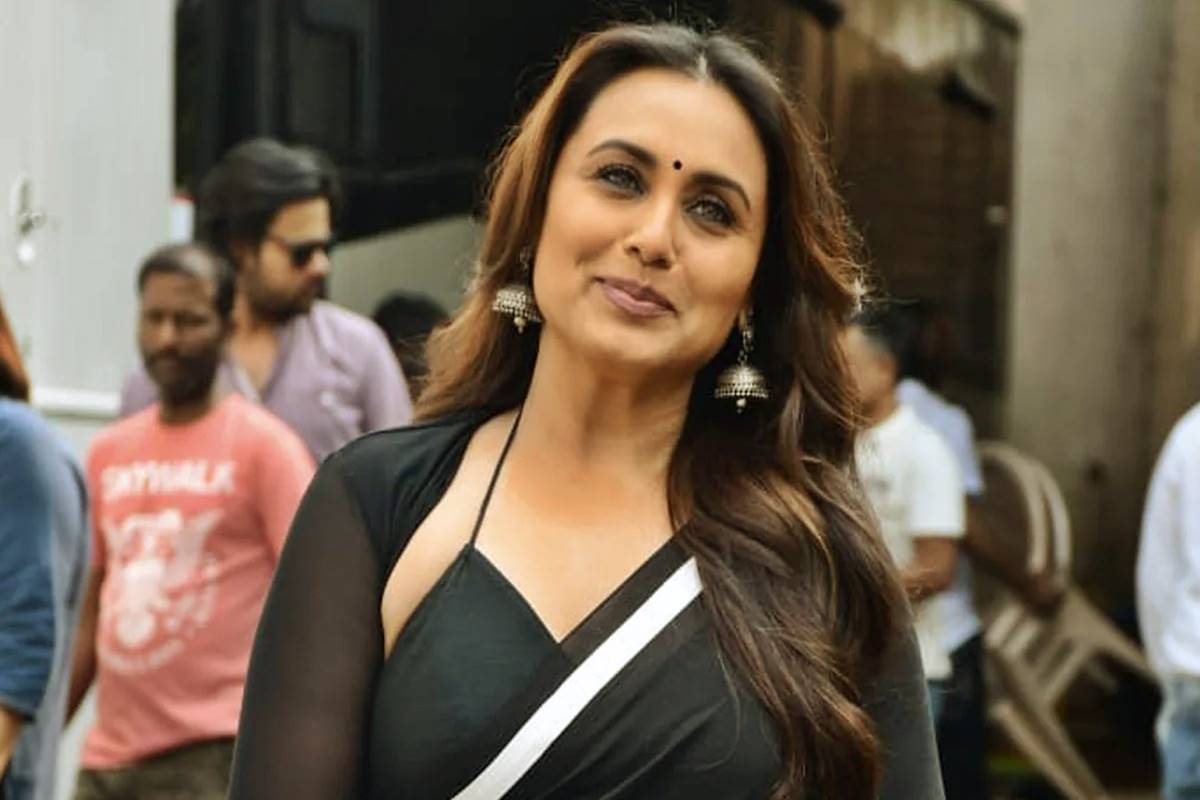Ayesha Kapur, ‘Black’ child star, ties the knot with Adam Oberoi!
A lesser-known fact? Ayesha was trained for her role by none other than Ranbir Kapoor, who was working as an assistant director on the film!
Rani Mukerji advocates for women-centric films, aiming to highlight the strength and resilience of Indian women in cinema and inspire audiences.
Statesman Web | September 29, 2024 10:24 am

File Photos
Bollywood actress Rani Mukerji, renowned for her roles in influential women-driven films like ‘Mardaani’ and ‘Hichki’, is on a mission to change the narrative surrounding Indian women in cinema.
At the recent IIFA Awards 2024, she opened up about her passion for selecting scripts that not only resonate with her personally but also serve as a platform to highlight the essence and strength of Indian women.
Advertisement
In her candid remarks, Rani expressed the importance of storytelling in creating impactful cinema. “From my experiences, I believe when you present a film that comes from the heart and is true to its genre, it connects with the audience,” she stated.
Advertisement
For her, it is essential to choose roles that reflect her identity as an Indian woman, providing insight into the diverse narratives that shape their lives. “I want to show the world what Indian women are all about,” she emphasized.
Rani Mukerji also touched on the significance of role models in everyday life. “We all need stories of heroes to lift us up and help us aspire for better,” she remarked.
The actress underscored the growing demand for women-centric narratives in Bollywood. “The responsibility also lies with the audience. The more they support these films by turning up in theaters, the more such stories will be produced,” Rani said, highlighting a collective effort needed to bring more women’s stories to the forefront of Indian cinema.
Among her notable recent works is ‘Mrs. Chatterjee vs Norway’, where she portrayed an immigrant mother fighting against overwhelming odds to regain custody of her children. Rani reflected on how this role served as a profound revelation for her.
“As a mother, the film was an eye-opener for me. It gave me insight into the struggles of immigrant Indian women, a narrative that often goes unheard,” she explained. The story struck a chord with her, raising critical questions about cultural perceptions of motherhood.
Rani’s connection to the film’s themes is deeply personal. “Every woman wants the best for her children. It’s shocking to think that anyone would doubt a mother’s love and capability,” she shared.
Advertisement
A lesser-known fact? Ayesha was trained for her role by none other than Ranbir Kapoor, who was working as an assistant director on the film!
'Black' (2005) is a powerful drama about a deafblind woman and her transformative relationship with her teacher, portrayed by Rani Mukerji and Amitabh Bachchan.
Rani Mukerji is set to reprise her role as the fearless cop Shivani Shivaji Roy in 'Mardaani 3', with production starting in 2025 and a 2026 release.
Advertisement
